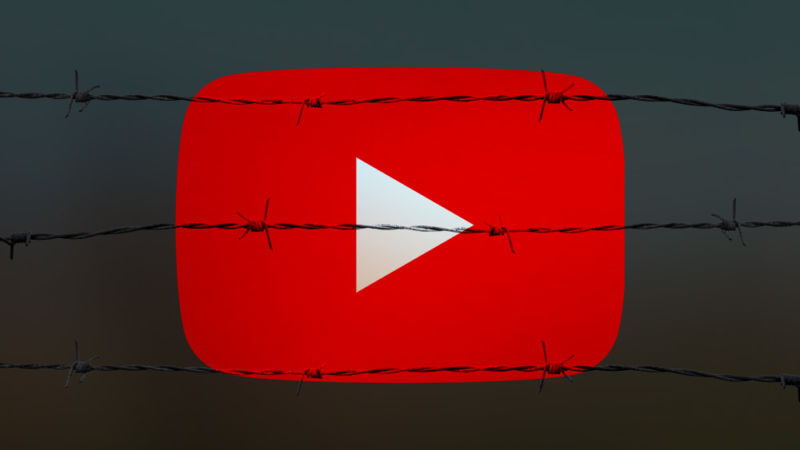-
chevron_right
GitHub Reinstated YouTube-DL But Restoring Forks is Apparently a Problem
Andy Maxwell · news.movim.eu / TorrentFreak · Saturday, 17 April, 2021 - 21:37 · 3 minutes
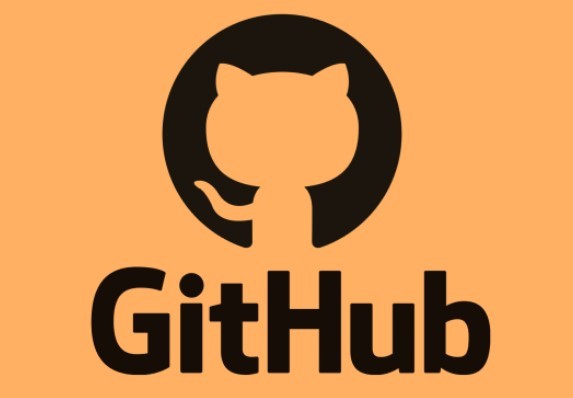 Last October the RIAA infuriated many players in the open source community by targeting YouTube-ripping tool youtube-dl in a DMCA takedown notice filed at GitHub .
Last October the RIAA infuriated many players in the open source community by targeting YouTube-ripping tool youtube-dl in a DMCA takedown notice filed at GitHub .
What followed was a broad backlash against the RIAA, the likes of which hadn’t been seen for many years. The music industry group’s claims of DMCA violations due to the software allegedly bypassing technological protection measures were met with intense criticism, including from the EFF.
In a surprise move several weeks later, GitHub reinstated the youtube-dl repository after concluding that the code doesn’t violate the DMCA’s anti-circumvention provisions. In addition, GitHub sought to boost its standing with developers by placing $1m into a takedown defense fund.
“We are taking a stand for developers and have reinstated the youtube-dl repo. Section 1201 of the DMCA is broken and needs to be fixed. Developers should have the freedom to tinker. That’s how you get great tools like youtube-dl,” GitHub CEO Nat Friedman explained .
Dust Settles But The Fix Was Incomplete, Dev Says
When the RIAA took down GitHub, its DMCA notice affected many developers who had forked the youtube-dl code. Many repositories were listed in the RIAA’s complaint so those were disabled too, replaced with the familiar GitHub page indicating they had been removed for alleged copyright infringement.
However, despite youtube-dl being reinstated, these forks remain down following the RIAA’s complaint and according to one developer, GitHub isn’t responding to calls to reinstate them.
In a DMCA counternotice filed this week, the operator of the ‘spookyahell’ repo describes the situation, noting that his previous requests to have his repository restored are being ignored by GitHub.
In supporting evidence detailing why the repo should be restored, the developer covers earlier ground noting that the RIAA’s notice was “way too broad”, is believed to be “wildly invalid”, failed to correctly interpret the law, and cited anti-circumvention methods that “do not apply.”
The dev also points out that when the RIAA cited a German legal process that determined that youtube-dl is illegal, that should be considered irrelevant to the United States since European law has “no place in a DMCA takedown”. The RIAA, for its part, insists that the relevant German law is “materially identical to Title 17 U.S.C. §1201 of the United States Code.”
This Dev is Clearly Irritated
While the developer appears to accept that GitHub eventually stood up to the RIAA, he isn’t entirely convinced of the coding platform’s overall support.
“[I]t seems like GitHub is still kinda ‘the bitch of the RIAA’ because they side with RIAA rather than developers who wish to reinstate the repos (unchanged) which according to the EFF would be perfectly legal,” his notice reads.
“The issues that raised from this takedown have lead to a major statement from github and change of already in-place policies and it seems they had to re-convince the developers that they actually support developers. The action they are taking with the actual forks however is unconvincing of their so-called principals [sic].”
The dev continues by stating that in addition to restoring the original project, GitHub should’ve reinstated all the forks as well, while notifying the RIAA that its claims were wrong. However, there are some important issues that the counternotice doesn’t address.
While youtube-dl was indeed reinstated, that didn’t take place before the original code was tweaked. Its functionality doesn’t appear to have been degraded but an examination of the code reveals that before it was put back, modifications took place to remove references to copyright works, including a song by Taylor Swift.
If we work on the premise that GitHub believed that these changes were enough to ease youtube-dl back onto the non-infringing side of the fence, then any original forks would still relate to the unmodified code, meaning that the RIAA’s original takedown notice would carry more weight.
This probably explains why GitHub hasn’t reinstated this developer’s repository on request, despite the filing of a counternotice.
Technically speaking, GitHub still has a number of days left before it needs to reinstate the fork under the DMCA, pending the filing of a lawsuit by the RIAA. However, since the music group has had since October to take action against youtube-dl itself, that doesn’t seem likely.
To learn more about how Github views the situation, TorrentFreak contacted CEO Nat Friedman for additional information, including whether youtube-dl forks will be restored automatically or if devs need to file an official DMCA counternotice. Friedman did not immediately respond to our request for comment but it seems likely that devs will have to let their original forks go and fork the modified project instead.
From: TF , for the latest news on copyright battles, piracy and more.

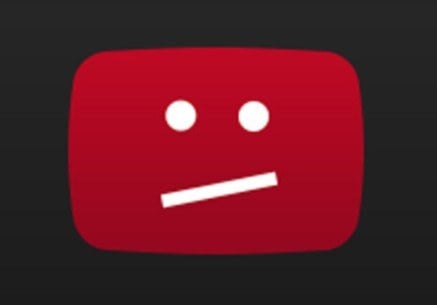 The music industry is convinced. Downloading music from public streaming services, YouTube in particular, is the greatest piracy threat to the industry.
The music industry is convinced. Downloading music from public streaming services, YouTube in particular, is the greatest piracy threat to the industry.
 TorrentFreak reached out to Nader, who said he prefers not to comment on the ongoing litigation. Especially since the RIAA has yet to formally reply.
TorrentFreak reached out to Nader, who said he prefers not to comment on the ongoing litigation. Especially since the RIAA has yet to formally reply.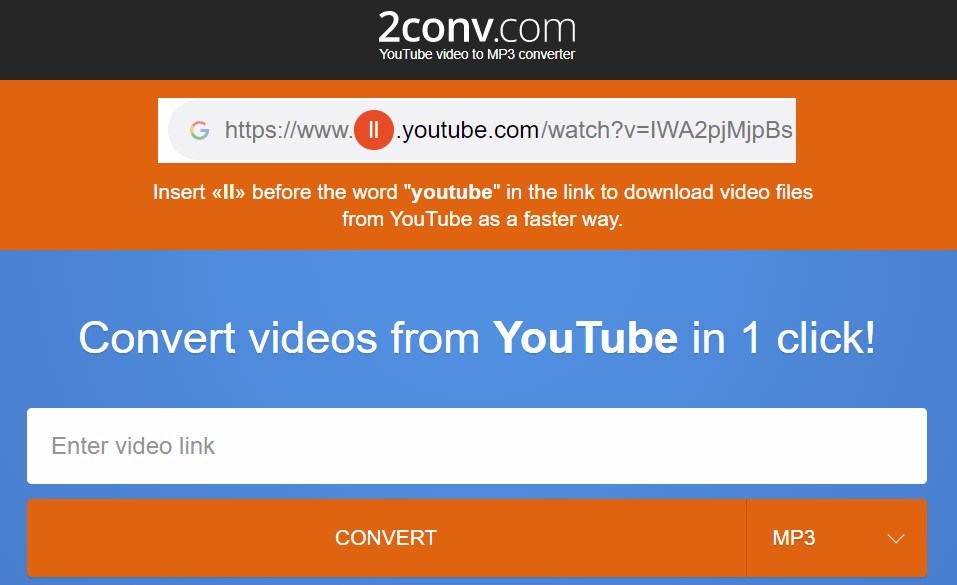

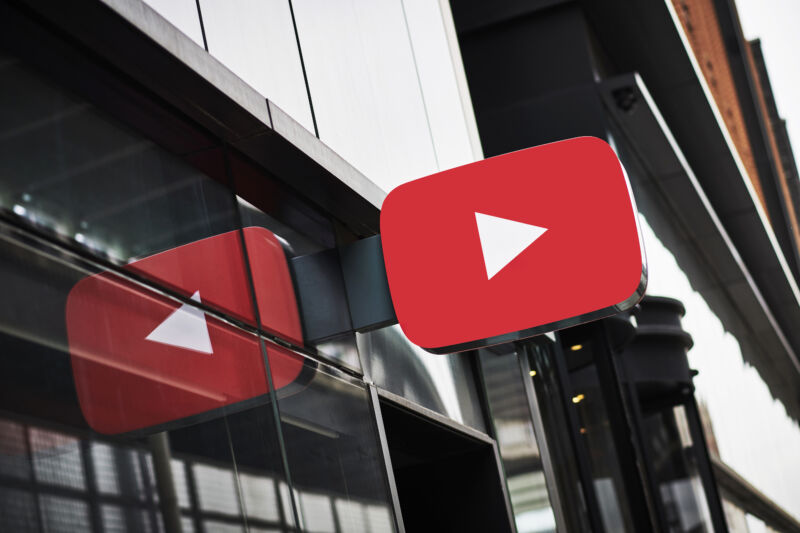
 The music industry has increased its enforcement actions against stream-ripping tools and services in recent years.
The music industry has increased its enforcement actions against stream-ripping tools and services in recent years.
